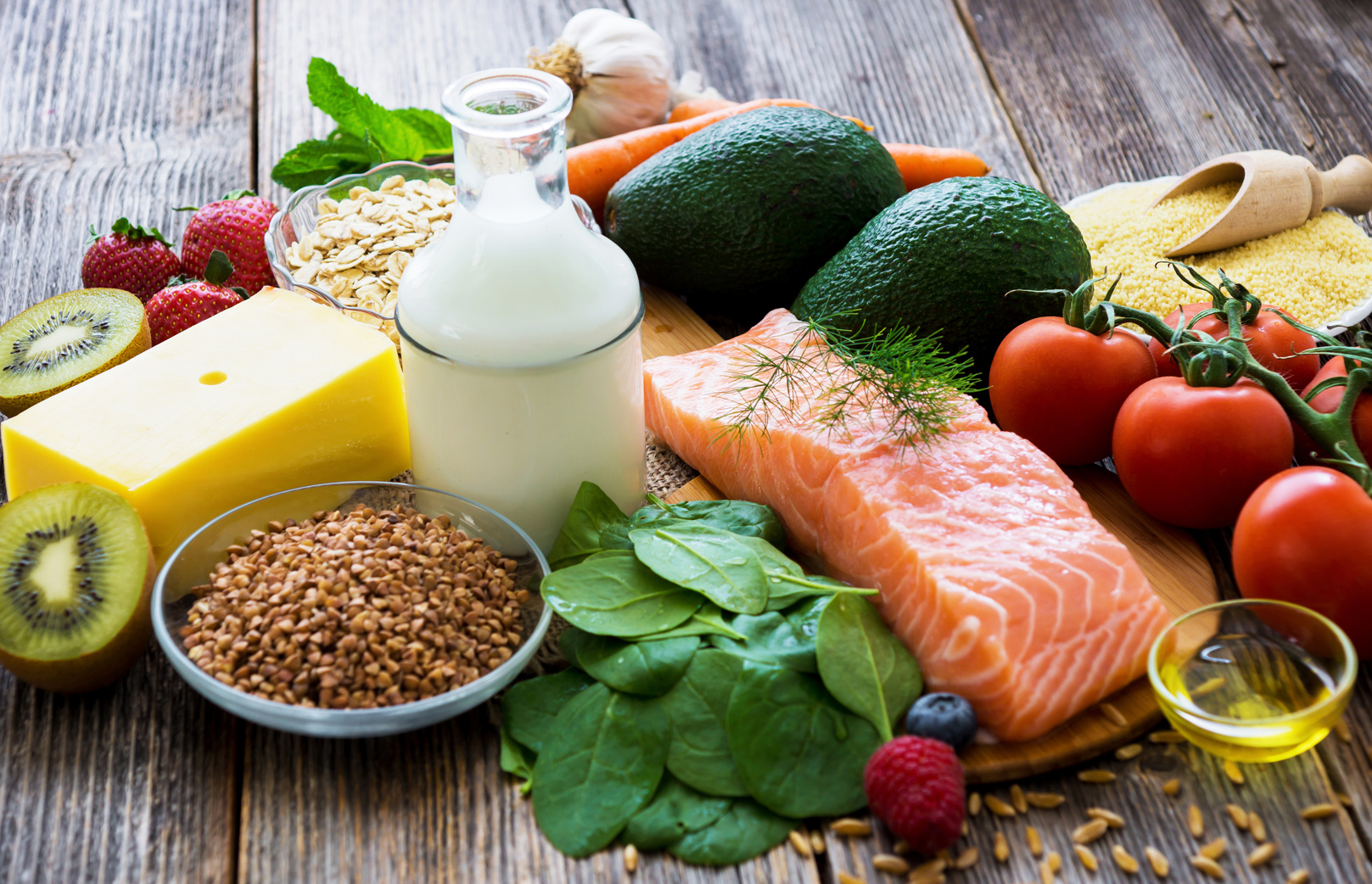Food is critical to one’s existence. You have to remember that the body needs different nutrients like protein, fat, carbohydrate, minerals, and vitamins every day to function. These nutrients are carried by the food that you eat. To get the best produce, you need to consider how your food is grown.

This is when organic food comes into the picture. Organic food is a system of farming that avoids the use of commercial fertilizers or pesticides, growth regulators, and Genetically Modified Organisms. Basically, organic produce has higher nutrient content and is kinder to the environment. With this, organic foods gain popularity over time. It is time to consider it.
Organic Fruit & Vegetables are expensive. This is because it is more labor intensive since the farmers do not use chemical fertilizers and pesticides in cultivating it. If you are seeking to be certified, it is also expensive. With this, organic farms tend to be smaller compared to conventional farms. However, these things should not keep you from consuming healthy foods. Here are useful tips for buying organic produce:
Shop at farmers’ markets
If you are living in the city, you have to know that there is a weekly farmers’ market. You only need to find the location. The farmers who are selling their produce sometimes offer a discounted price. Even without a discount, their price is still lower compared to grocery stores.
Buy when they are in season
Fruits and vegetables are freshest and inexpensive when they are in season. If it is not in season, the prices will tend to go high. The most prudent thing to do is to determine the season of your favorite food.
Look for fruits and vegetables around
To get the best deal, you have to shop around. When you shop around, make a mental note of the prices and compare them. This is helpful in making an informed decision.
Read the food labels carefully
If you come across organic baked goods and desserts, you have to check if it is really made from organic produce. Remember that these are made with very high sugar or calories. These things are not produced organically. There are people who claim organic when it is not. As a consumer, it is crucial that you read the food labels carefully so you will not be fooled.
Look for food cooperative grocery stores
If you are serious about finding lower prices of organic produce, you have to consider food cooperative grocery stores. Products here are typically lower, especially for members. If you believe that it can make a difference, you can sign up and pay an annual fee.
Prioritise your purchases
If you are tight on budget but you want to buy more organic produce, the most prudent thing that you can do is to prioritise your purchases. For example, between salad leaves and herbs, you can consider organic bread, butter, flour and milk instead. These things cost the same but it is a matter of what food you need most.
If you find yourself struggling to buy organic produce all the time, there is another alternative that you can consider. You can, for instance, consider high-quality food. These foods do not come with organic certification but they are as good as organic produce.

